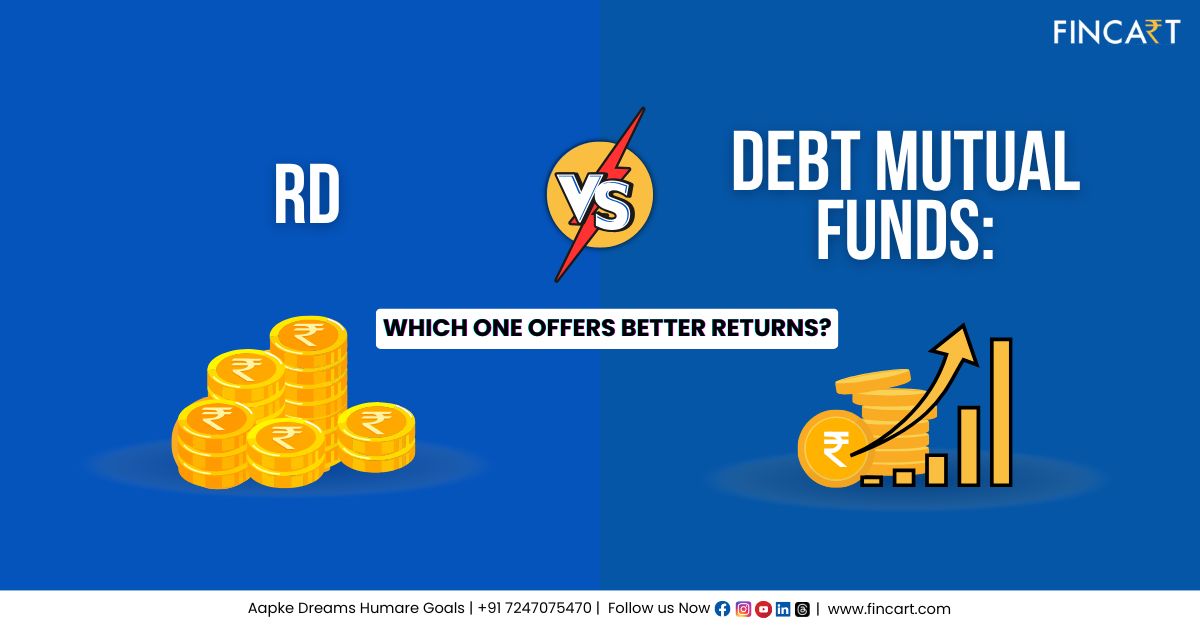Manu Choudhary is a Senior Wealth Manager at Fincart, with over three years of experience in wealth management. She holds the Certified Private Wealth Planner (CPWP) designation from CIEL and NISM V-A certification.
Manu manages the financial affairs of more than 70 families, specializing in tax, estate, investment, and retirement planning. She crafts personalized strategies that cater to both immediate and future goals, prioritizing trust and relationship-building in her approach. Committed to guiding clients through every phase of their financial journey, Manu offers expert advice and handholds her clients, makeing a positive impact, ensuring long-term success and financial confidence.






